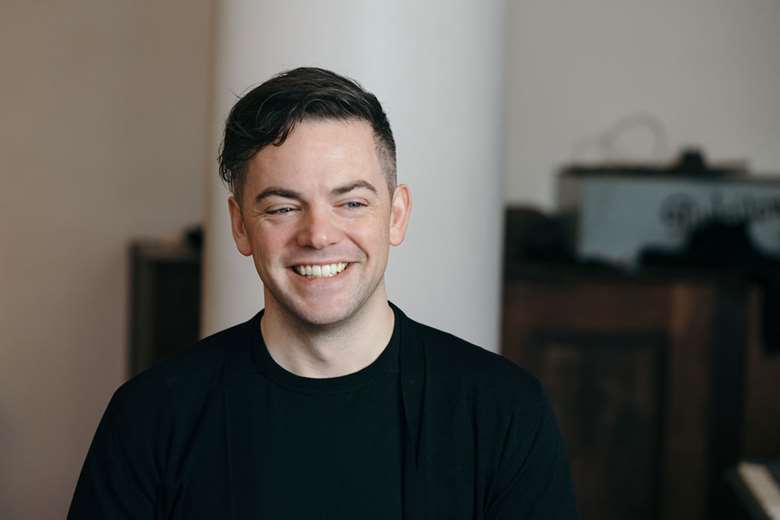Nico Muhly is focus of new Sadler's Wells Composer Series
Sarah Kirkup
Thursday, September 19, 2019
The American composer is excited to follow in the footsteps of Turnage and Adès with a programme of dance inspired by his music, he tells Gramophone

Register now to continue reading
Thanks for exploring the Gramophone website. Sign up for a free account today to enjoy the following benefits:
- Free access to 3 subscriber-only articles per month
- Unlimited access to our news, podcasts and awards pages
- Free weekly email newsletter







